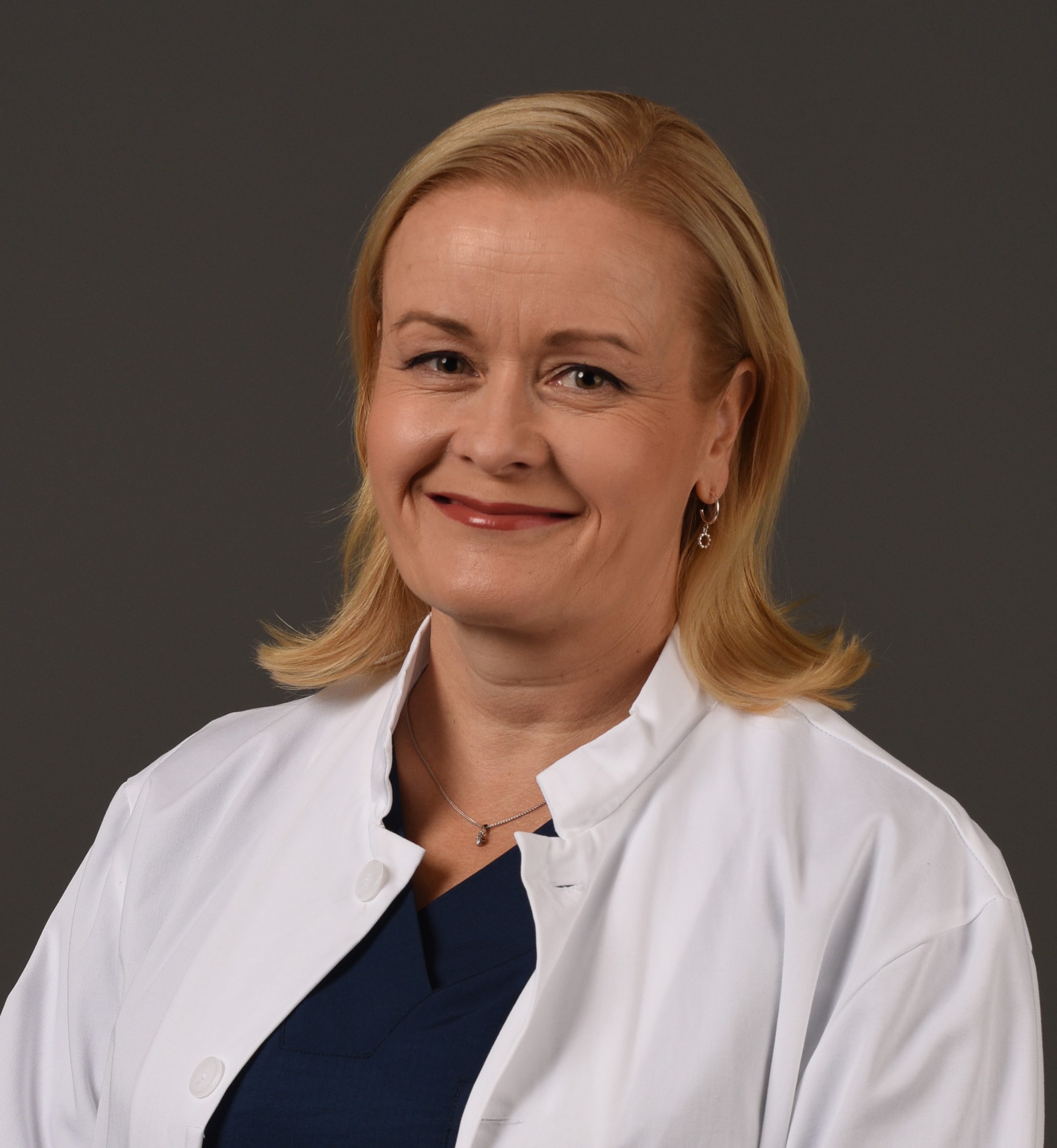Keynote Speakers
Mason Lecture
Wednesday, June 12th, 10:15 AM – 11:00 AM
The ASMBS Mason Lecture features new distinguished thought-leaders and prominent members in the field of bariatric surgery each year. Dr. Edward E. Mason, first President and Founder of ASMBS (then ASBS), is the namesake of this special address.
Trials and tribulations of RCTs and long-term follow-up– story of the SLEEVEPASS trial

Paulina Salminen, MD PhD FACS (Hon)
Paulina Salminen, MD PhD FACS (Hon) is a professor of surgery and gastrointestinal surgery at University of Turku and Turku University Hospital in Finland, where she also completed her general surgery and digestive surgery training in 2005 and her PhD in 2007. Since then she has been working at Turku University Hospital with clinical interest mainly focusing on metabolic bariatric surgery and acute care surgery. She has been a full Professor of Surgery since 2019 with a concurrent Chief of Surgery academic position of at Turku University Hospital.
Paulina Salminen is the past president of the Finnish Surgical Society, the current president of the Finnish Society for Bariatric Metabolic Surgery, and past president of both Finnish Digestive Surgeons and Finnish Society of Gastroenterology. She is currently President Elect of the IFSO European Chapter. She is the Editor-in-Chief of Scandinavian Journal of Surgery, an editor of British Journal of Surgery (BJS) and a member of the international editorial board of JAMA Surgery. She has been the member of the European Surgical Association (ESA) since 2019. She was nominated as Honorary Fellow of the American College of Surgeons in 2022 (FACS Hon) and Honorary fellow of the American Surgical Association (ASA) in 2024.
She has over 200 peer-reviewed scientific publications, over 60 scientific book chapters, and 4 edited textbooks. She has supervised 8 completed PhDs and currently she is supervising 14 PhD students. She has received over 4.7 million € of external research funding. She is the PI of 7 multicenter RCTs. Her main current research interests are in the fields of metabolic bariatric surgery with the SLEEVEPASS trial and the SF-BARI Score and acute appendicitis with her APPAC study group. The initial APPAC trial comparing appendectomy with antibiotics for uncomplicated acute appendicitis was selected by JAMA editors as “One in ten articles of the decade 2010 – 19: most important to clinical medicine and public health”.
Integrated Health Keynote Speaker
Tuesday, June 11th, 10:15 AM – 11:00 AM
The Unpredictable and Profound Influence of Metabolic Bariatric Surgery (MBS)

Ted Adams, PhD MPH
Ted D. Adams, PhD MPH is currently an adjunct professor in the Genetic Epidemiology Research Program within the Division of Epidemiology, Department of Internal Medicine, University of Utah School of Medicine. He has previously been associated with the Division of Cardiovascular Genetics, University of Utah School of Medicine and Division of Epidemiology University of Utah, Salt Lake City, Utah. His earlier research focused on isolating genes related to human obesity. Through funding from the National Institutes of Health’s National Institute of Diabetes and Digestive Kidney Diseases (NIDDK), DNA and anthropometric data were collected on 450 families who exhibited a high prevalence of severe obesity (pedigrees represented over 6,000 participants).
In relation to this research, Adams and colleagues began the Utah Obesity Study. This research effort (NIDDK funded) has explored the long-term mortality and cancer outcomes of patients who underwent gastric bypass surgery. In addition, this funding supported a long-term (12-year) prospective study of patients undergoing gastric bypass surgery, matched to patients seeking gastric bypass but did not have surgery, and randomly matched subjects not seeking weight loss surgery. This prospective study explored clinical outcomes such as weight loss, diabetes, blood pressure, lipids, and quality of life.
More recently, funding from Ethicon Endo-Surgery (J&J), NIH, and Division of Epidemiology University of Utah has been used to analyze up to 40 years of follow-up of mortality, cancer, and fracture risk in bariatric surgery patients. He has previously served as a member of the NIH Task Force for Bariatric Surgery, the NIH-NIDDK study review section for the Longitudinal Assessment of Bariatric Surgery (LABS), and as a member of the Data and Safety Monitoring Board for the Teen Longitudinal Assessment of Bariatric Surgery study (Teen-LABS, NIDDK funded).
He has enjoyed supervising graduate students over the years. He holds special appreciation for the many families and individuals who have willingly participated in several research projects related to a better understanding of human obesity and of the treatment of severe obesity through bariatric surgery.


